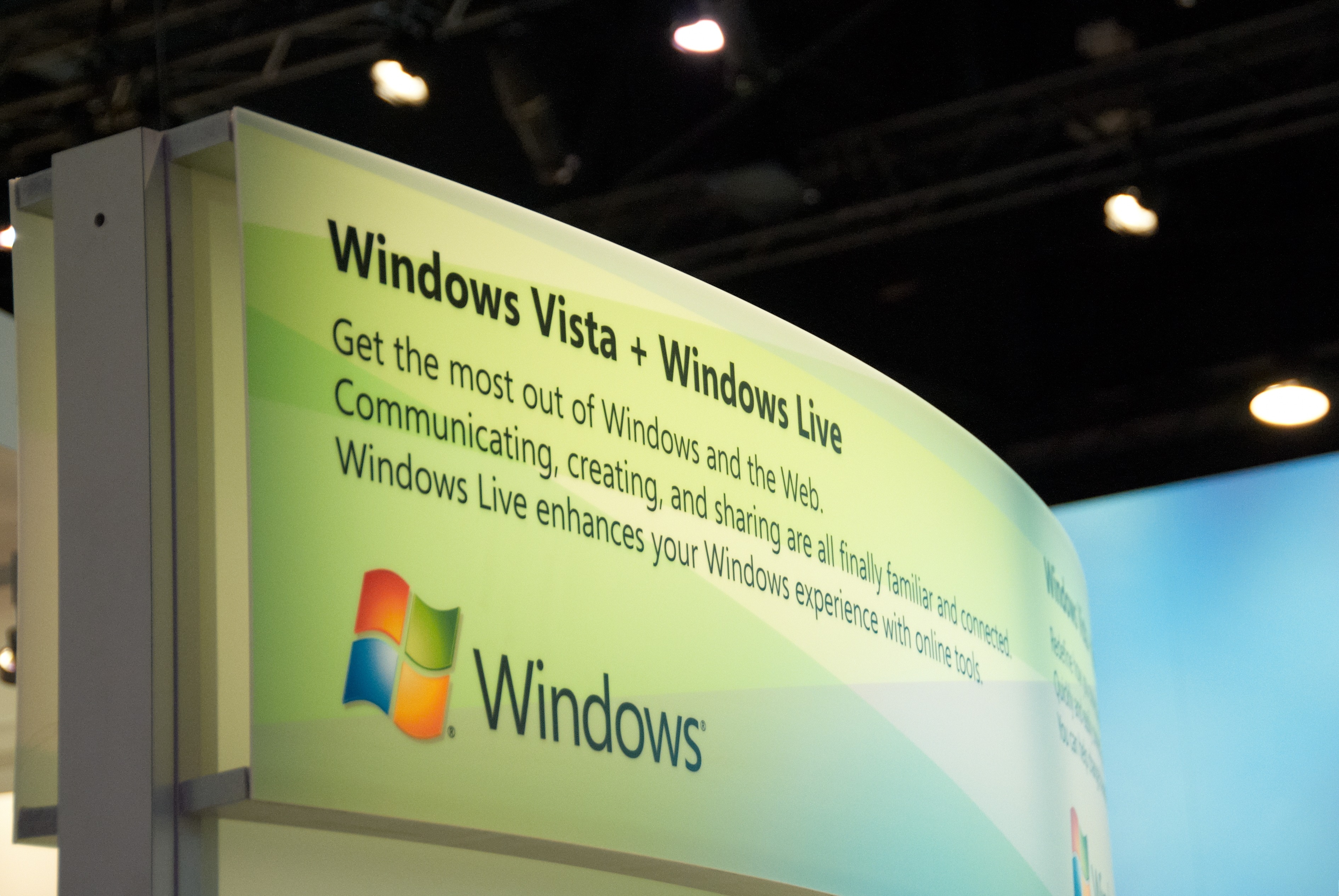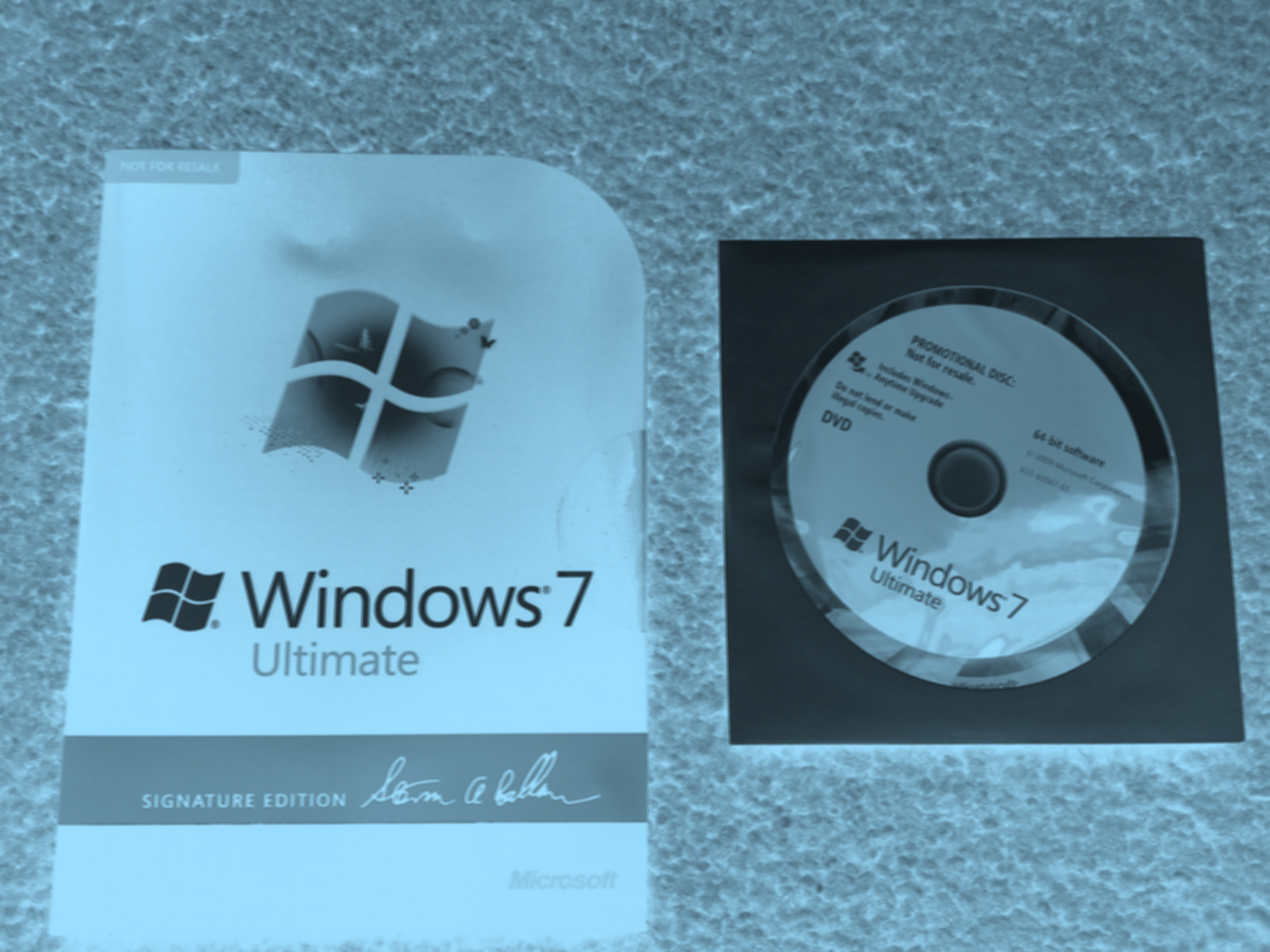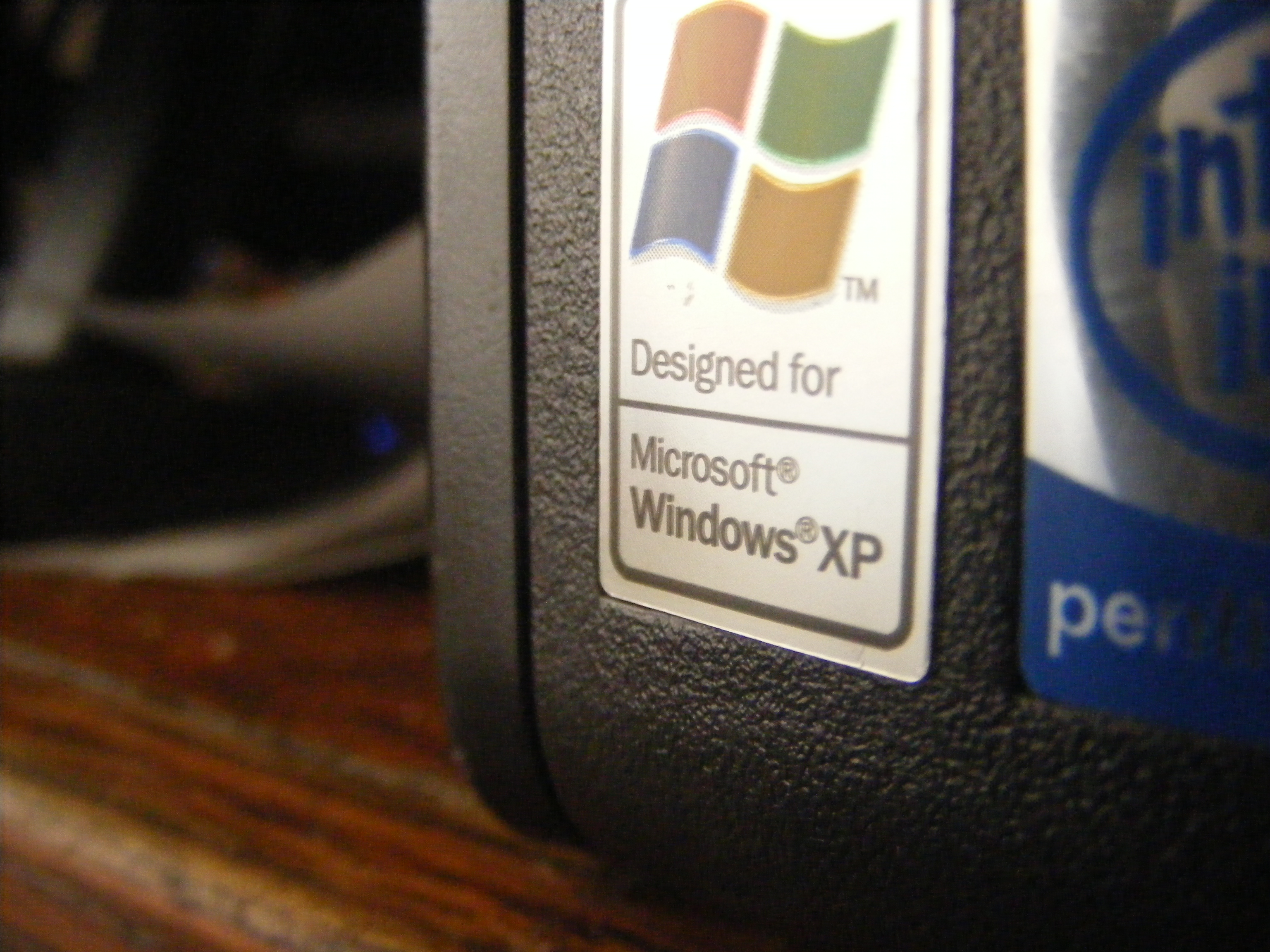We have low share, by the way, in the investor audience. I can see the Apple logos versus the PC logos. So we have more work to do, more work to do. Our share is […]
Category: Microsoft

‘Is Microsoft Fraked?’ Chat
Late this morning, Betanews founder Nate Mook and I IMed about Google’s Chrome OS announcement. Our differing positions somehow fit oddly together.

All in the Family Pack
Well, well, the Web is abuzz today with rumors that Microsoft may finally be prepping a Windows “Family Pack.” Some people preordering Windows 7 might feel gipped. Perhaps they should.Overnight, Kristan Kenny set off quite the ruckus about a possible Windows 7 Home Premium Family Pack.

Microsoft’s Shadow Ecosystem
There are many measures of success, and some are less desirable than others. Windows is the standard by which cybercriminals measure their wares—eh, malware. Their devotion to Windows is testament to Microsoft’s success. The company should just accept the feint praise for what it is.
Microsoft claims that Windows is more widely attacked by malware than, say, Mac OS X because of volume; many, many more people use Windows PCs than Macs. The claim is great PR, because it kind of makes sense and is unprovable without Macs gaining lots more marketshare. But on closer examination, the claim is pure BS. Microsoft security experts know so, or they’re delusional.

Microsoft Channels 8 and 10 Join Analog TV
S-o-o-o-o, US TV broadcasters aren’t alone pulling the plug on their analog channels. Microsoft is closing down channels 8 and 10 and folding some of their content into Channel 9. Someone at Microsoft thinks this is good marketing? It’s a great idea if the goal is for existing and potential customers to start switching channels.

Windows 7 Social Media Edition
The most surprising thing about today’s Windows 7 pricing announcement isn’t the pricing, but how Microsoft directly delivered news about it. While Microsoft issued a press release, the most substantive information comes from the Windows Blog, which the release links to. For anyone still clinging to the fantasy that there is some magical separation between Microsoft public relations teams and its bloggers, wake up! There really is none.
Perhaps there shouldn’t be, and that should concern Microsoft’s outside public relations agencies and what their future role will be. People naturally are more interested in other people and what they have to say. Surely a blogger, an identifiable human being, with posted picture and personality, is more believable and memorable than a germane press release.

Is There Anybody Hohm?
My reaction to Microsoft Hohm is mixed. The branding and marketing are quite clever, and that’s yet another welcome change. More fundamentally, Hohm is yet another example of Microsoft chasing Google’s tail. Maybe Microsoft should conserve some energy by taking a shorter path rather than tagging behind the weaving Google.

Microsoft Has Lost Its Way Part 2
Microsoft has abandoned the fundamental principles that made it the most successful software company of the last decade and ensured its software would be the most widely used everywhere. But in just three years, since 2006, startups and Apple have set a new course for technology and how societies use it.
For Microsoft, this change is scarier than movie “Quarantine.” Without a course correction, Microsoft in the 2010s will be very much like IBM was in the 1990s. That’s no place Microsoft should want to be.

Microsoft Has Lost Its Way, Part 1
Microsoft has reached a surprising, and quite unexpected, fork in the road to its future. Choices the company makes today and over the next 12 months will determine whether computing relevance shifts away from its products.
The company has abandoned the fundamental principles that made it the most successful software company of the last decade and ensured its software would be the most widely used everywhere. Understanding those principles, and how they shaped Microsoft’s past, are important for understanding what the future might be.

Why Is There No iLife-Equivalent for Windows?
Seriously, it’s kind of a “d`uh” question. Apple released iLife for Macintosh in January 2003. Every year or so, the suite gets better, with no Windows developer offering anything comparable. Isn’t it about time?
I fault Microsoft for not developing something equivalent, although, I concede, the company has the makings of a placeholder offering while working on something better (more on that in a few paragraphs). Microsoft should have stepped in when its partners didn’t.

Google Exchanges Outlook for Apps, Microsoft GAPEs
The Microsoft-Google tit-for-tat spat over Apps Sync accents the new battleground over which the companies are fighting. Google has moved onto sacred Microsoft territory: Office. Google’s synchronization approach is simply brilliant, and Microsoft executives should cower in fear.
Quick recap: A week ago, Google unveiled Apps Sync, which lets Outlook users connect to GAPE, Google Apps Premiere Edition. Rather than an Exchange Server, Outlook connects to Google’s cloud services. Today, Microsoft took the offensive on this incursion into its territory with a blog post detailing two problems caused by the Apps Sync plugin. I’ll get to the specifics of the problems in a few paragraphs.

There is No Looming Windows XP Disaster
This afternoon, Larry Seltzer forwarded a link to InfoWorld story “Microsoft’s Looming Windows 7 Licensing ‘Disaster’ for XP Users.” Yeah? This story is a hissy fit over nothing. Galen Gruman writes that “the large percentage of businesses that have held onto XP rather than go to Vista—about half, according to Gartner—are no doubt planning to migrate to Windows 7. But Microsoft may be making it harder and costlier for them to do so.”